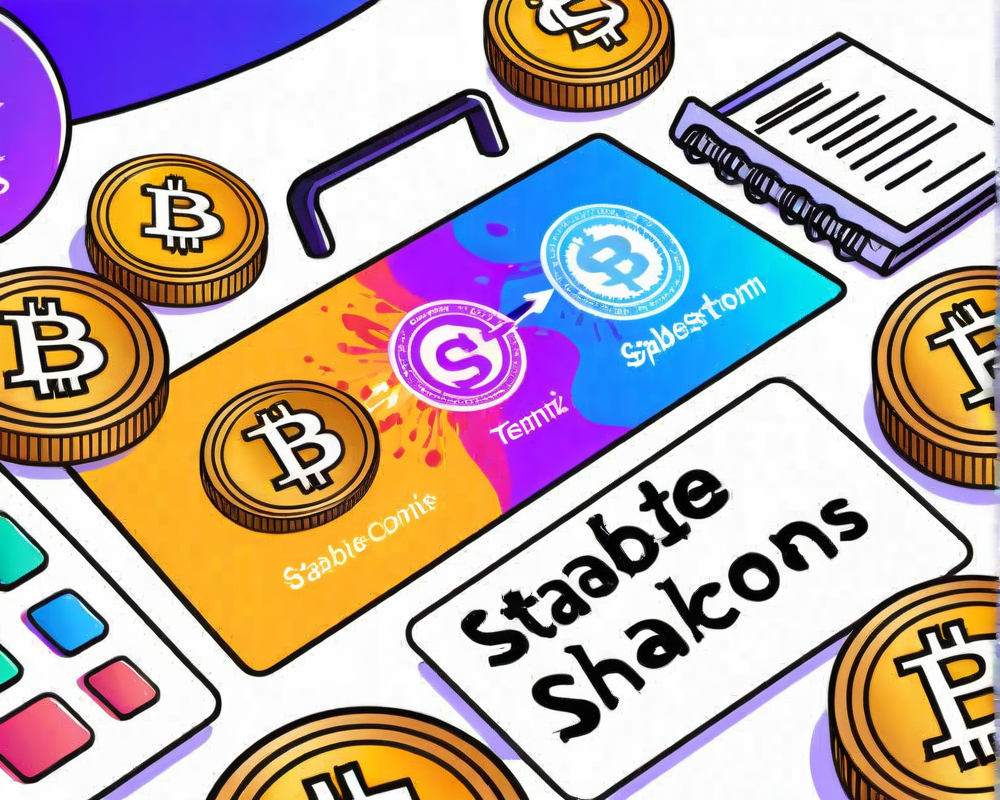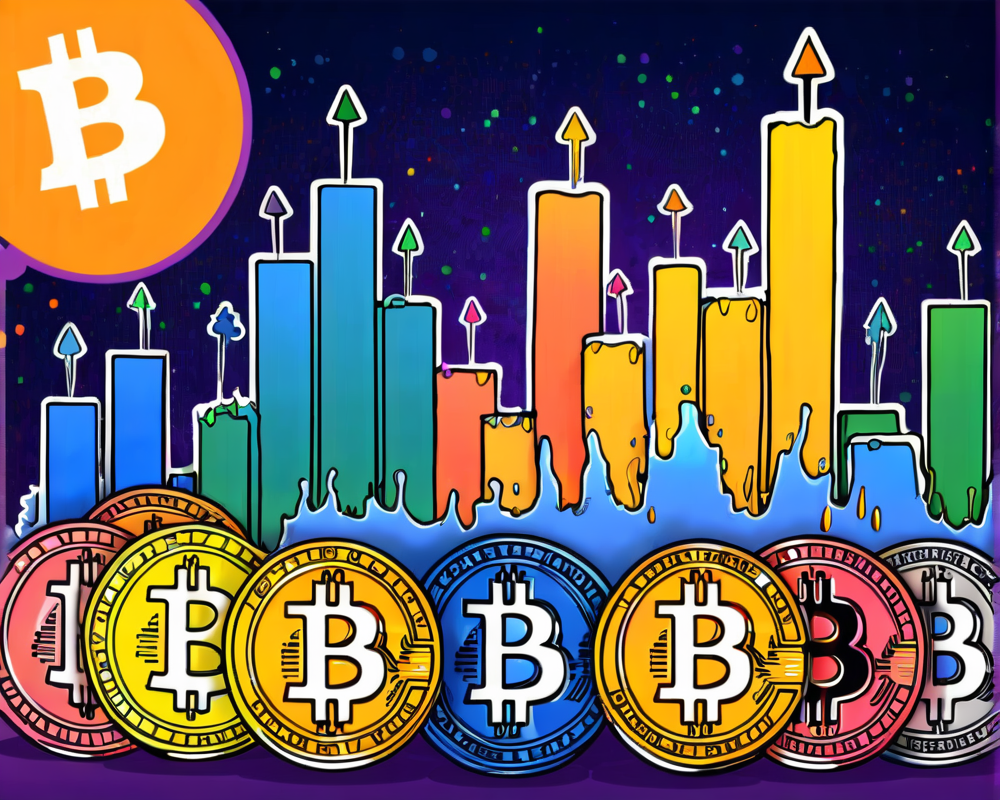The Surge of DAOs: A Data-Driven Look
Active decentralized autonomous organizations (DAOs) are on the rise, skyrocketing from just 10 a year ago to approximately 76 today. Eyal Eithcowich, founder and CEO of DeepDAO, attributes this growth to a booming interest in decentralized finance (DeFi), where projects are eager to distribute governance among users.
DeepDAO: What Lies Beneath the Numbers?
DeepDAO isn’t just another analytics platform; it’s a treasure trove of insights into the inner workings of DAOs. Recently, they unveiled a new interface allowing users to examine the health and wealth of these organizations more closely. However, they warn that a large assets under management (AUM) figure hardly equates to good governance.
- Take mStable, for instance. It leads in assets but has a poor governance record with only nine members voting on 29 proposals.
- In contrast, dxDAO might have less AUM but boasts a whopping 268 proposals and 428 members participating in decision-making.
DAOs vs. Traditional Governance: A Revolutionary Shift
As DAOs become more central to the cryptocurrency ecosystem, Eithcowich sees them as a potential game-changer. “DAOs could disrupt everything from political parties to sporting teams,” he explains. After witnessing firsthand how centralized power can derail even the best intentions during his activist days in Israel, he’s optimistic about the decentralized model sticking around.
A Peek Under the Hood of DeepDAO’s Features
DeepDAO’s updated website not only provides a scorecard for DAOs but also tracks essential metrics like weekly and monthly AUM fluctuations. This data helps users identify DAOs that are noteworthy – those with over $1 million in AUM or surpassing 100 members.
Ranking DAOs: A Metrics-Driven Approach
How are these DAOs assessed? Various metrics come into play:
- Fiat value
- Membership size
- Number of proposals
- Voter participation rates
It’s like a leaderboard for the decentralized world!
Conclusion: The Future of DAOs Looks Bright (and Complex)
As the landscape evolves, so too will the challenges and opportunities facing DAOs. One thing remains clear: the principles of decentralization are here to stay, and organizations that recognize this may find themselves ahead of the curve.




